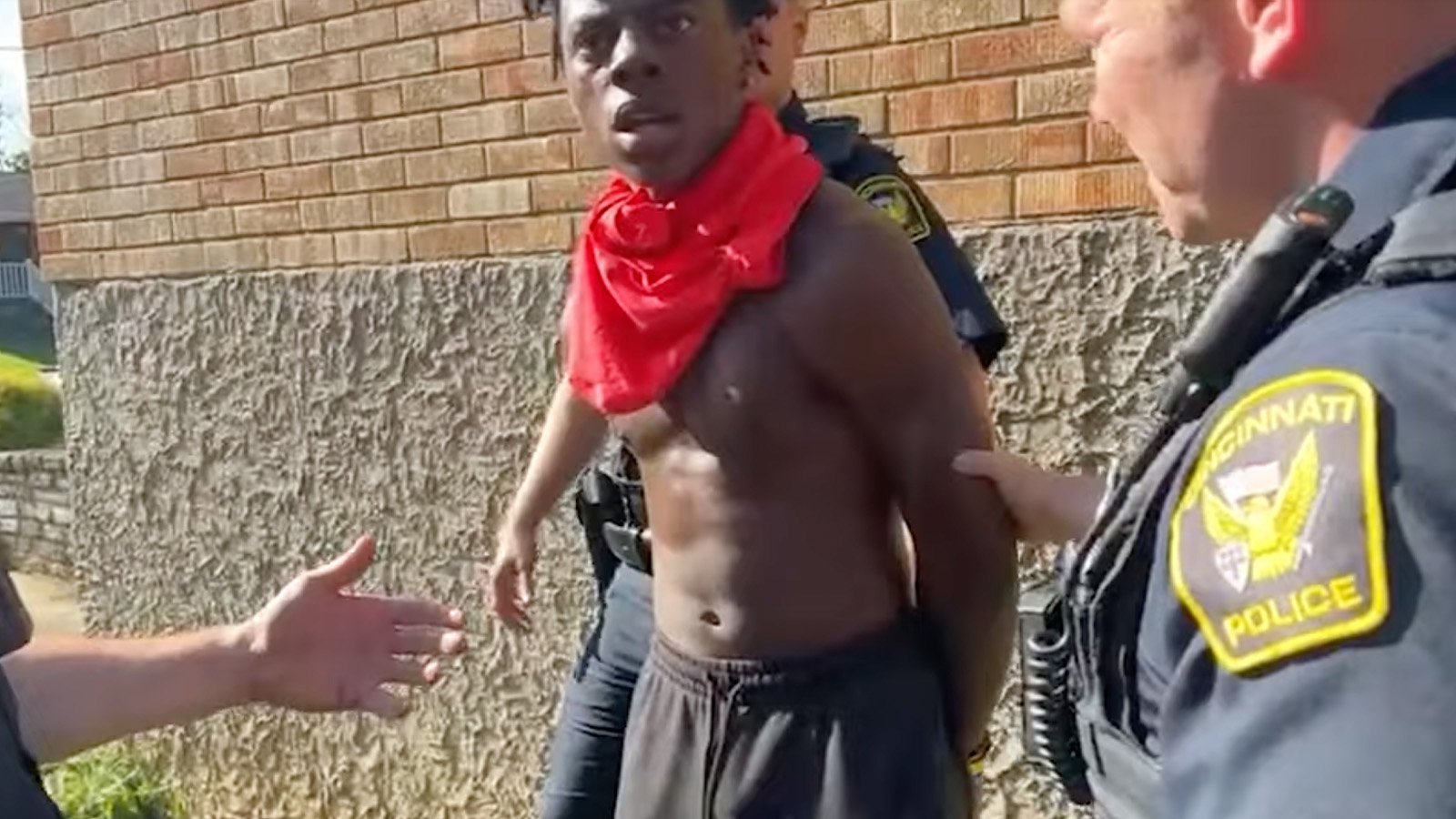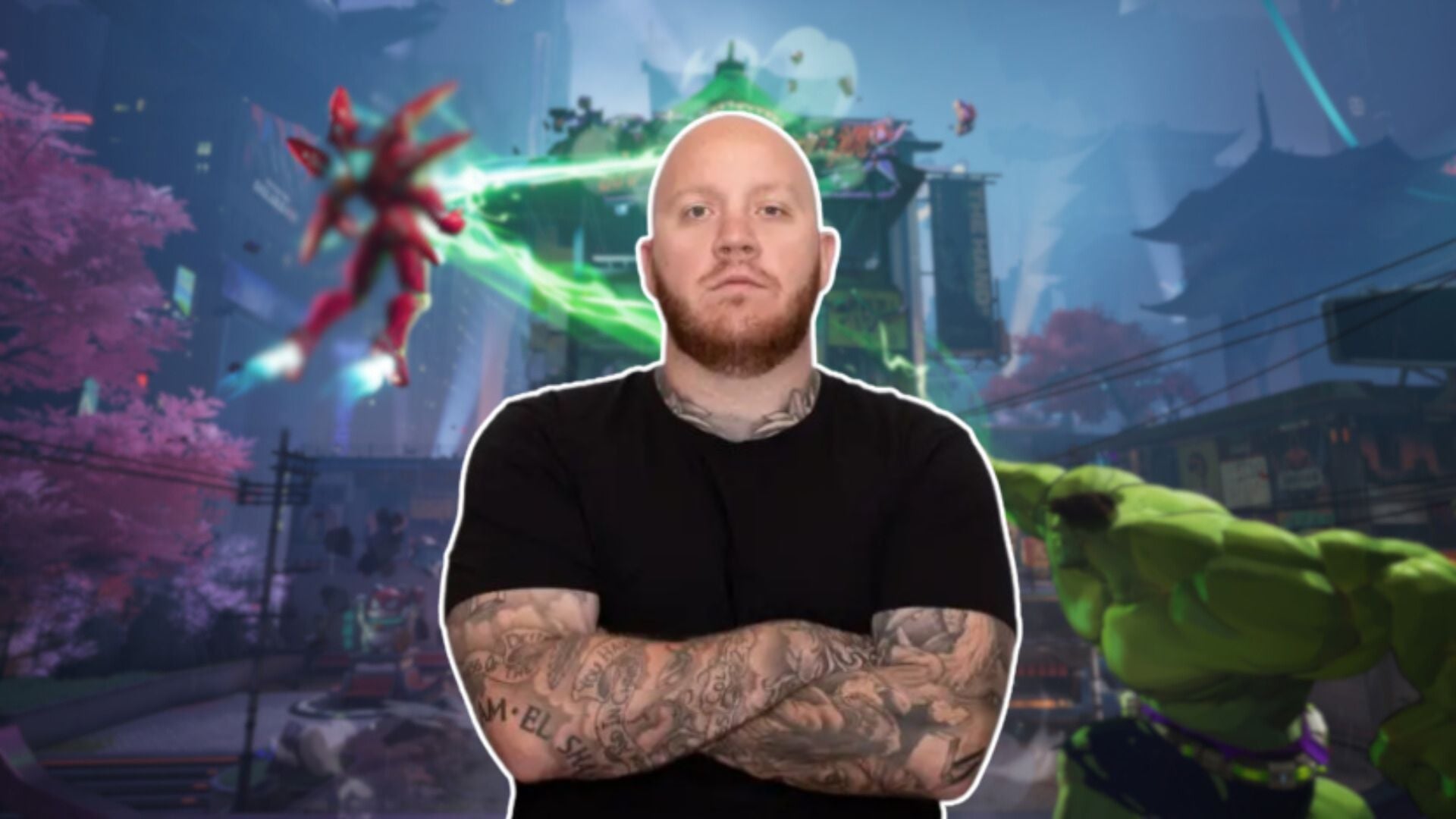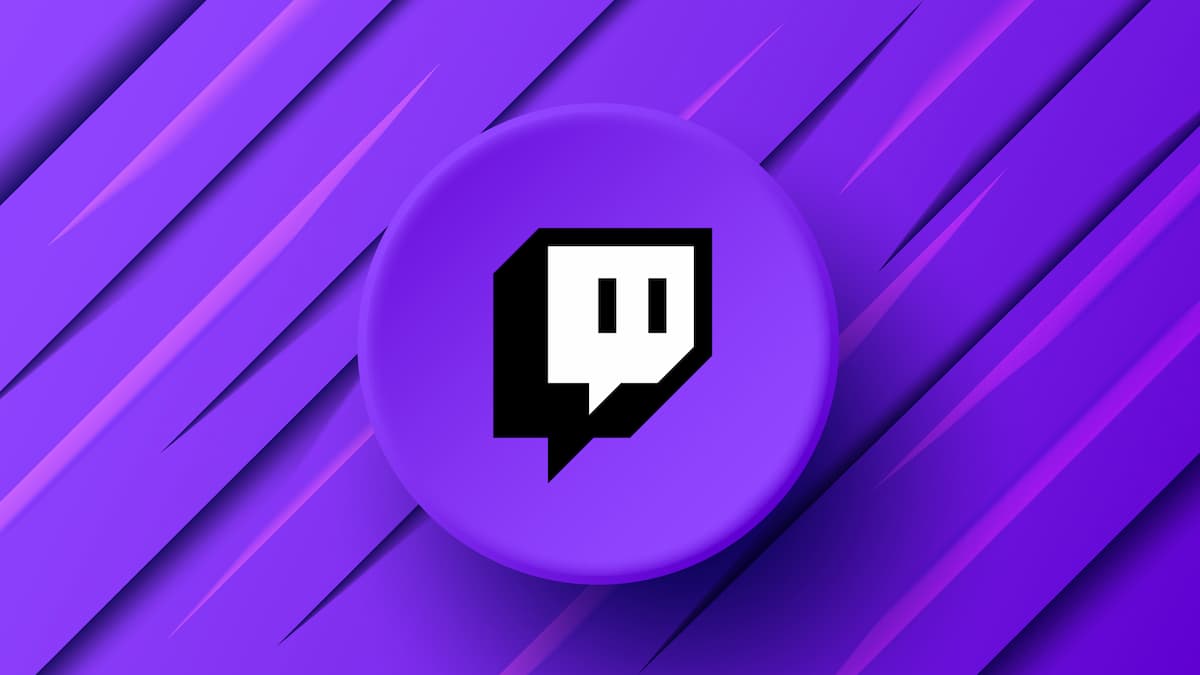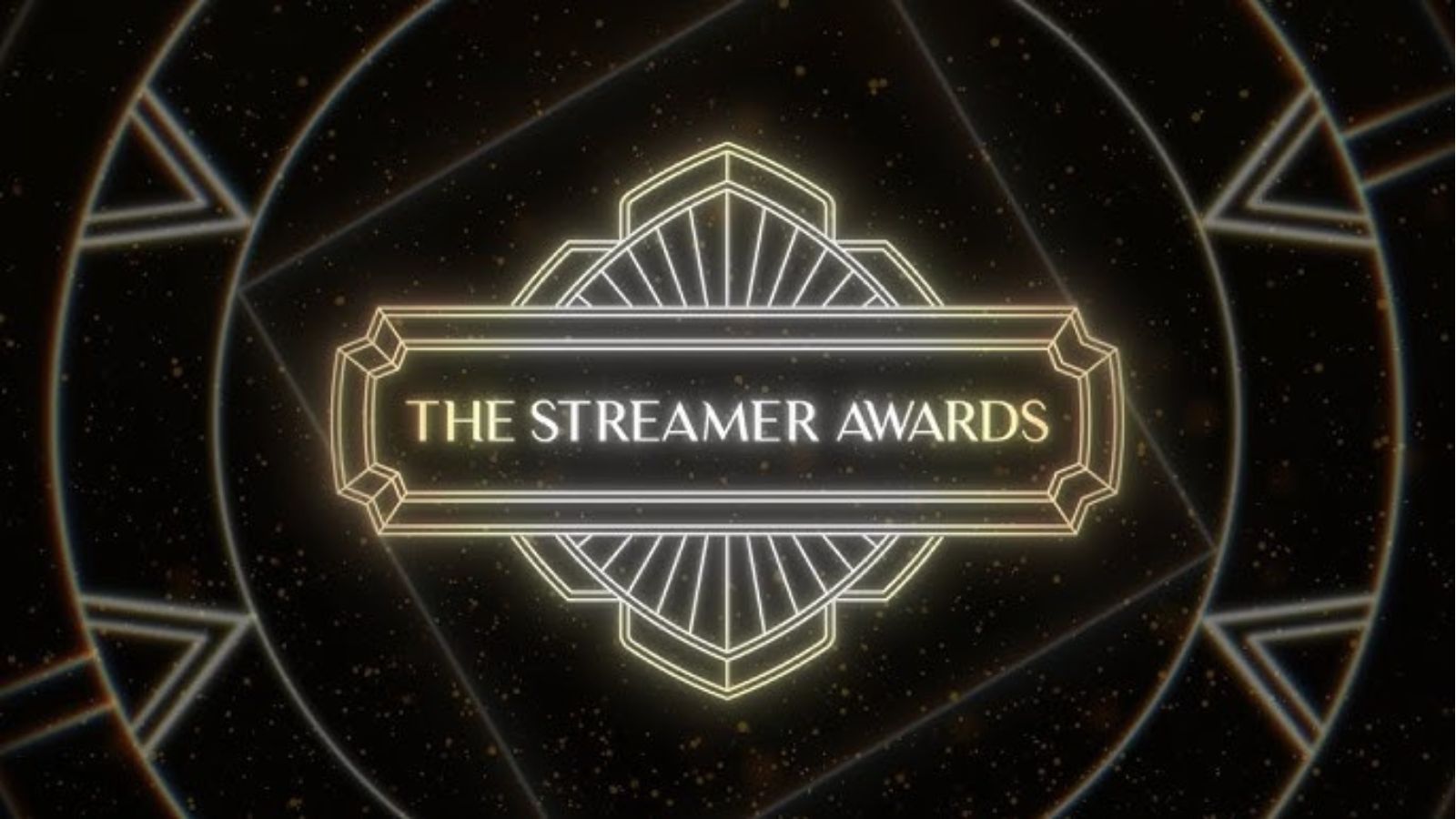Navigating an online environment can sometimes feel like sifting through a cesspool of toxicity. While not everyone is out to get you, there are bad actors who can sometimes be dangerous, and harassment can take many forms.
One of the most common, yet impactful, forms of harassment is referred to as “doxxing.” The term stems from the phrase “dropping dox” with “dox” being short for “documents,” and it can frequently lead to real-life consequences for those being harassed.
By publicizing other people’s information, doxxing can lead to stalking, break-ins, and swatting. Especially in the streaming sphere, doxxing is a vehicle for the larger issue of swatting, which has victimized many of Twitch’s most high-profile creators.
What’s doxxing?
When someone wants to bring an individual’s private information to the public, they suggest doxxing. Dictionary Merriam-Webster adds that this act is especially used “as a form of punishment or revenge.”
A person who’s a victim of doxxing usually has their real name revealed, but also their full home and work address, phone number, email, document identifications, and sometimes even information about their relatives. For streamers and pro gamers, the biggest piece of information is typically their address. It’s especially dangerous information for the public to have because of stalking and swatting incidents that are often only possible because of doxxing.
It’s common to see doxxers, who are people specialized in finding such personal information, using this method as a way to blackmail their victims or to punish them for something.
The targets of doxxing are usually people who represent a threat or change to the doxxer or the community they’re a part of. A recent streaming case was when Canadian political activist streamer Keffals was doxxed numerous times and swatted earlier this year. The transgender activist is known for political commentary online.
Meanwhile, the first North American female Overwatch Contenders player “Ellie” stepped down from her team in 2019 due to online toxicity that included threats of doxxing. Those threats were just the most extreme consequence of the Overwatch community’s suspicions of her real identity, at this point seemingly only caused because she’s identified as a woman.
Is doxxing legal?
Doxxing is an illegal act in the U.S. if it’s used to harass or intimidate someone to any extent, according to law firm Brickfield & Donahue. For these purposes, it’s irrelevant if the information is publicly available or not. When a person is doxxed for any other reason, if the doxxer used illegal methods of obtaining private information, it also becomes illegal. Similarly, the act of swatting can be punishable by law.
Can game companies take action against doxxers?
Game companies like Blizzard mention targeted harassment in their End User License Agreements, which can include doxxing. Blizzard specifically says it “may suspend or revoke your license” to play its games online if you’re involved in harassment or violation of laws.
Streaming platforms like Twitch also have policies in place that prohibit behaviors like doxxing and swatting. The behavior is prohibited in the Twitch community guidelines and the platform even has tips for how users can protect themselves against both forms of harassment.
“Doxxing of any kind is prohibited,” the guidelines read. “Even if the perpetrators only expose information available via public record.”
While there’s a limit to what Twitch can do in doxxing situations most of the time, it has a list of precautionary measures users can take that include adjusting privacy settings on social media to prevent any disclosure of personal information and searching one’s self online to get an idea of “what information about you is readily available.”













Published: Nov 21, 2022 02:08 pm